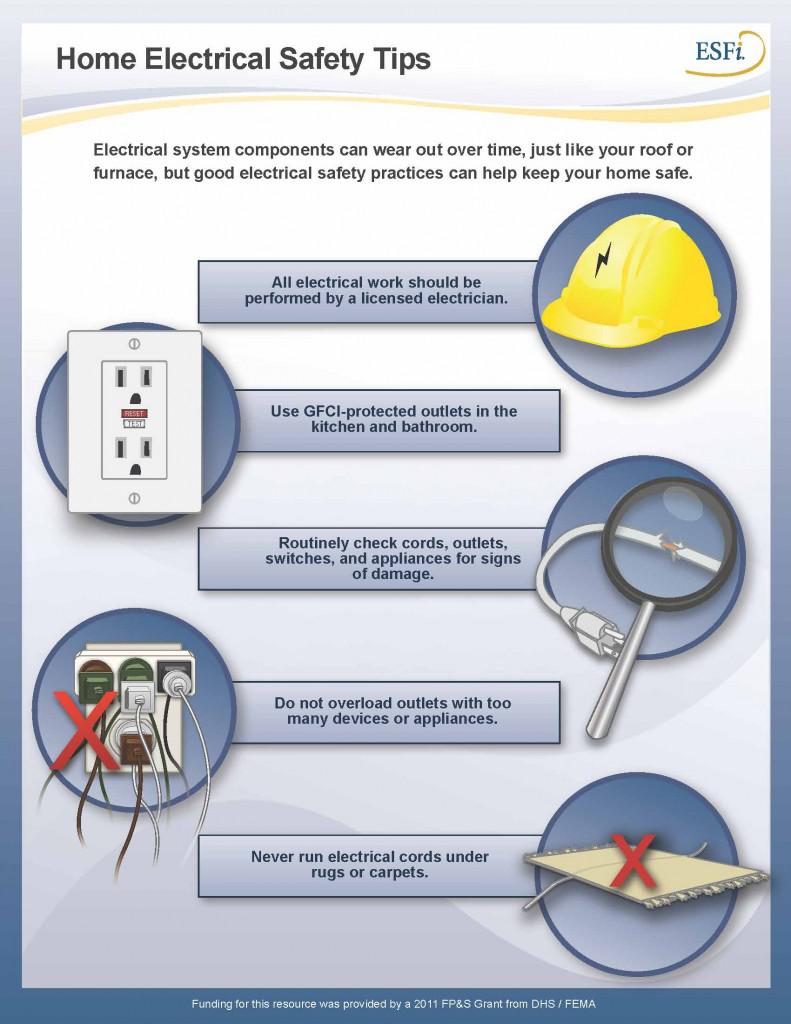8 Most Dangerous Electrical Hazards in Your Home
These are eight of the most dangerous electrical hazards that can be observed in a home:
- Poor Wiring and Defective Electric Wires:
Good quality wiring that conforms to safety standards is very important for safety. Bad wiring can increase the chances of fires, power surges, and other serious consequences. For this reason, it’s always best to avoid do-it-yourself electrical work and get professional electricians to perform Most Dangerous Home Electrical Hazards
With our current dependence on electricity, there are potentially dangerous electrical safety hazards in every home, office, and factory. Luckily, these hazards can be eliminated or reduced by staying alert and taking steps to eliminate their damaged electrical wiring around your house.
Damaged, worn or corroded electrical wires can increase the chances of electrical accidents. Have a qualified electrician check your wiring on a regular basis to ensure the wiring is safe. If old wires are found, replace them.
- Outlets Close to Water
Electrical outlets in bathrooms, kitchens, and other areas with water should be installed a safe distance away from the source of water. As water conducts electricity, keeping outlets away from water reduces the chance of an electric shock.
- Lightbulbs
We don’t often regard lightbulbs as being potential electrical hazards and by themselves, they’re not inherently dangerous. The potential for an electrical fire arises when lightbulbs are near flammable materials. These can include beds, drapes, plastics, or other items such as upholstery.
- Covered Electrical Cords and Wires
Heavy covering of wires can make the cords overheat. While it’s somewhat rare, covered cords and wires can occasionally lead to electrical fires due to overheating. This is because electrical wires and cords radiate heat. If in doubt, keep cords and wires away from items and keep them uncovered.
- Pouring Water on Electrical Fires
A common error is pouring water on an electrical fire. If an electrical fire does happen, avoid pouring water on the flames as water will tend to fuel the fire. Keep a fire extinguisher on hand if you’re worried about electrical fires and use that instead of water to put out fires.
- Inquisitive Young Children
Young babies and toddlers tend to be extremely curious and keen to explore the world. While it’s always best to keep an eye on children of this age all of the time, parents and adults expecting children at their house can take extra measures to protect young children.
Every electrical outlet within their reach should be protected with plastic closures. These fit straight over the socket, preventing sharp objects and fingers from going into the socket. Unprotected sockets can lead to serious injury or death.
- Wet Hands
Electrical appliances should never be handled with wet hands as this increases the chance of getting an electric shock. Too many of us tend to reach for the hair dryer with wet hands out of the shower. Keep appliances a safe distance away from sinks, bathtubs, showers, and taps.
- Extension Cords
Extension cords should be carefully fixed in place when possible to reduce the chance of tripping or other accidents. Use plastic socket closures on unused sockets for extra safety.
